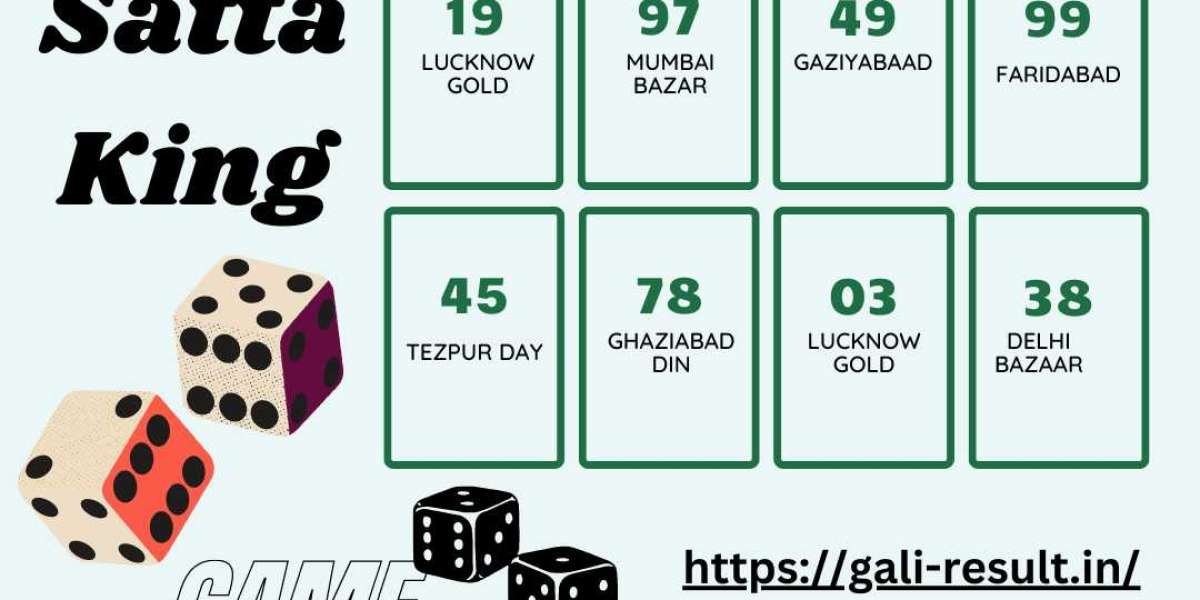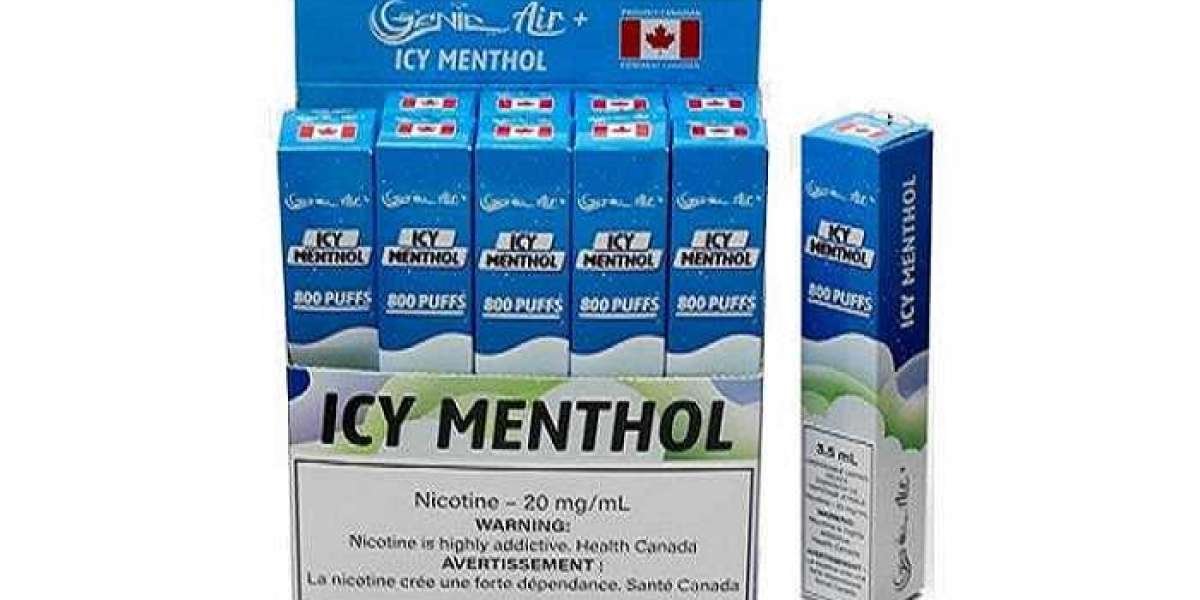For the treatment of haematopoietic stem cell transplant-associated GVHD Clinical Trials Market the Japanese company REGiMMUNE has begun a Phase II trial for its proprietary compound RGI-2001.
Patients undergoing allogeneic haematopoietic stem cell transplantation (AHSCT) are the subjects of the randomised, open-label, multicentre Phase II trial.
The Fred Hutchinson Cancer Research Center, Stanford University Medical Center, Ohio State University Medical Center, University of California, San Diego, Massachusetts General Hospital/Harvard University, and University of Miami Sylvester Comprehensive Cancer Center are the six highly regarded cancer centers in the United States that are participating in the trial.
Following the successful conclusion of a Phase I trial in patients receiving bone marrow or peripheral blood stem cell transplantation for leukemia following chemotherapy, the trial will begin.
Haru Morita, president and chief executive officer of REGiMMUNE, stated: With RGI-2001, our exclusive immune-regulating technology is initially being tested in the clinic to demonstrate its potential as a safe and effective treatment for preventing graft rejection."
The company's primary objective is to create novel, exclusive products that target immune-regulating technology-enabled therapeutic areas like type 1 diabetes, celiac disease, and inhibitor formation in enzyme replacement therapies (ERTs) like haemophilia and lysosomal diseases.
"In order to demonstrate its potential as an effective treatment to prevent graft rejection without the risks associated with current therapies, our proprietary immune-regulating technology is initially being tested in the clinic with RGI-2001."
The expansion of the company's Phase I dose-escalation trial is the RGI-2001 trial, which aims to evaluate the drug candidate's safety, tolerability, and pharmacokinetic profile in patients undergoing AHSCT with radiation or non-radiation myeloablative preparative treatment.
According to REGiMMUNE, the expansion phase will further evaluate the pharmacologic effects of RGI-2001 at its maximum tolerated, maximum feasible, or optimal pharmacologically active doses.
The enrolment criteria for the Phase II trial will be expanded from those for the Phase I trial and transplants by related or unrelated donors will be permitted.
Its purpose is to determine the dose range in which RGI-2001 has an acceptable safety profile, where biologic activity is observed, and to suggest potential dose levels based on biological activity for use in subsequent phase studies.
The company claims that the Phase I trial's results showed a very clean safety profile, with no safety issues found in the highest cohort.
Using the company's reVax technology, RGI-2001 is a liposomal formulation of KRN7000, a synthetic alpha-galactosylceramide derivative. It promotes transplant tolerance by inducing regulatory T (Treg) cells, which have been shown to have significant potential for treating GvHD.
Treg has been shown to prolong patient survival in independent studies because it reduces rejection without diminishing the anti-tumor graft versus leukemia (GvL) effect.








